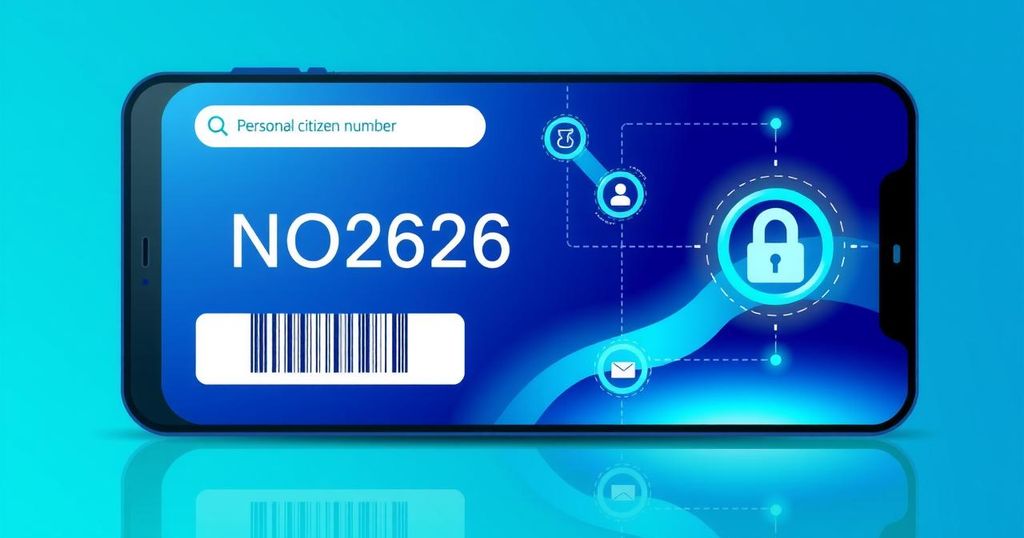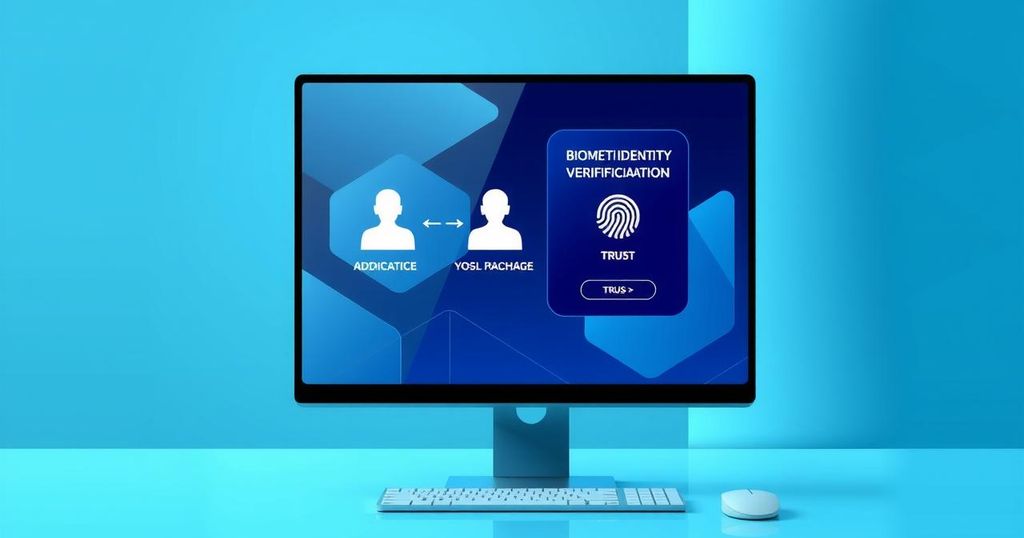With the increase in identity theft and cyber fraud, particularly via methods like deepfake technology, the government is urged to develop digital identity verification strategies. The Improving Digital Identity Act proposes a comprehensive approach through the establishment of secure digital identity credentials and encourages the adoption of mobile driver’s licenses across the U.S. Additionally, experts advocate for the incorporation of advanced verification techniques such as biometrics to enhance security and prevent fraud in government services.
The government is called to develop robust digital identity verification strategies as the rise in identity theft and cyber fraud becomes increasingly rampant. A fresh legislative effort led by Congressman Bill Foster aims to integrate digital identity solutions into public services through the Improving Digital Identity Act. This initiative emphasizes the importance of consent-based digital identity, which would help individuals prove their identity online while mitigating the increasing complexity of fraud, particularly with issues such as deepfake technology threatening traditional identity verification methods. The proposed act recommends establishing a task force within the Executive Office of the President that would focus on creating secure digital identity credentials. It aims to foster the broader acceptance of mobile driver’s licenses (mDLs) across the U.S., responding to the needs of financial institutions that require reliable standards for identity verification to secure transactions. The active participation of financial organizations is anticipated as soon as the government delineates a nationwide authentication standard, which they can adopt for services like bank account openings. Moreover, a piece by Thomson Reuters highlights the need for enhanced identity verification measures, suggesting that governments must transition to more advanced systems such as biometric identification and device verification to combat persistent fraud tactics that gained traction during the COVID pandemic. Older systems of authentication, such as knowledge-based authentication (KBA) and multifactor authentication (MFA), are increasingly seen as inadequate for the evolving landscape of cyber threats. The Reuters article argues for the establishment of a rigorous front-end verification system that not only safeguards against fraud but also ensures the process remains user-friendly for citizens seeking government services. This approach seeks to resolve the conflict between security and accessibility, advocating for a frictionless identity solution that respects users’ privacy. In summary, the integration of advanced digital identity solutions could significantly enhance the security of online transactions. With digital identity credentials, the government could effectively counteract the pervasive fraud risk while maintaining service accessibility for citizens.
Digital identity verification is critical in today’s technology-driven society due to the increasing incidents of fraud and identity theft. Considering the pandemic’s impact on fraud, especially surrounding the distribution of government benefits, the need for a more reliable and advanced approach to identity verification has become apparent. The Improving Digital Identity Act proposed by Congressman Bill Foster highlights the importance of government involvement in establishing digital identity ecosystems. Additionally, the push for biometrics and device identification reflects an industry-wide shift toward more secure methods of verifying individuals’ identities in real time. These efforts are essential not only for protecting individuals but also for restoring trust in digital transaction systems.
To combat the rising threat of identity fraud effectively, governments must embrace innovative digital identity verification strategies, integrating advanced technologies such as biometrics and consent-based solutions. The proposed Improving Digital Identity Act presents an opportunity to create a secure framework for identity verification that benefits both service providers and citizens. By prioritizing the balance between security and user-friendliness, the government can foster a robust identity ecosystem that protects against fraud while ensuring critical services remain accessible to all.
Original Source: www.biometricupdate.com





